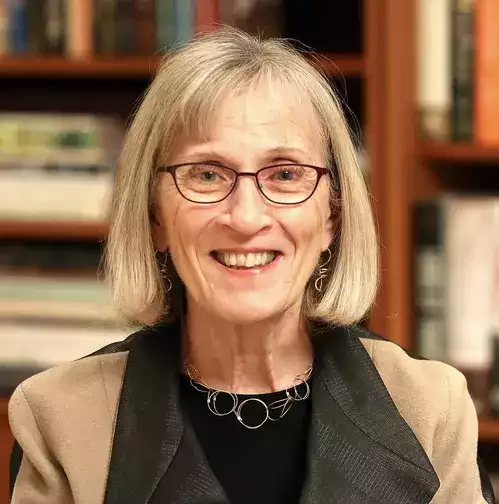Claudia Goldin, the esteemed economist and economic historian, has made groundbreaking achievements in her research on the gender pay gap spanning over two centuries. Her work has shed light on the reasons behind this anomaly and has provided valuable insights into the role of contraceptive pills in expanding career and educational options for women, particularly in the fields of economics, law, and medicine.
Winning the Nobel Memorial Prize in Economics is a significant accomplishment in itself, but Goldin’s achievement holds immense importance beyond the academic world. As the first female researcher to receive tenure in Harvard University’s economics department and only the third woman to be awarded the Nobel Prize in this field, her recognition highlights the progress made in advancing our understanding of women’s labor-market outcomes. This accolade comes at a crucial time when diversity is a top priority for corporations worldwide.
Goldin’s research explores the patterns of female participation in the job market and delves into the factors contributing to the gender wage gap using data spanning the past 200 years. Her findings reveal a U-Shaped Curve, demonstrating a decrease in female participation during the shift from an agrarian to an industrial society and an increase in the early 20th century with the growth of the service sector.
Furthermore, Goldin’s research highlights the transformative impact of contraceptive pills on women’s attitudes towards employment and education. She refers to this societal shift as a “quiet revolution,” as women began to view jobs as integral to their identities. Despite the progress in female employment and education, a significant wage gap between men and women persists. Goldin primarily attributes this gap to the motherhood penalty, where a woman’s first child impacts her earnings. Additionally, she explores the phenomenon of “greedy work,” in which jobs that require longer hours disproportionately reward individuals, putting women who require more flexibility at a disadvantage.
The topic of flexible work hours has gained particular relevance in the post-pandemic era, with many workplaces adopting hybrid setups. Goldin also highlights the influence of previous generations’ experiences on a young woman’s educational choices, underscoring the importance of addressing societal barriers.
The Nobel committee praised Goldin’s work as the first comprehensive account of women’s earnings and labor market participation throughout history. Her insights have been groundbreaking, challenging the historical sidelining of women in the labor market. Jakob Svensson, the Chair of the Committee for the Prize in Economic Sciences, commended Goldin’s research for uncovering underlying factors and identifying barriers that need to be addressed in the future.
Interestingly, Goldin herself only discovered her passion for economics during her second year of undergraduate studies at Cornell University. She went on to earn a BA in economics, followed a PhD in industrial organization and labor economics from the University of Chicago. In 2014, she initiated the Undergraduate Women in Economics Program aimed at encouraging more women to pursue economics majors.
Overall, Goldin’s contributions to economics have had a profound impact on the lives of men and women worldwide. Her research has provided valuable insights into gender disparities in the labor market and has paved the way for addressing these issues in the future.

